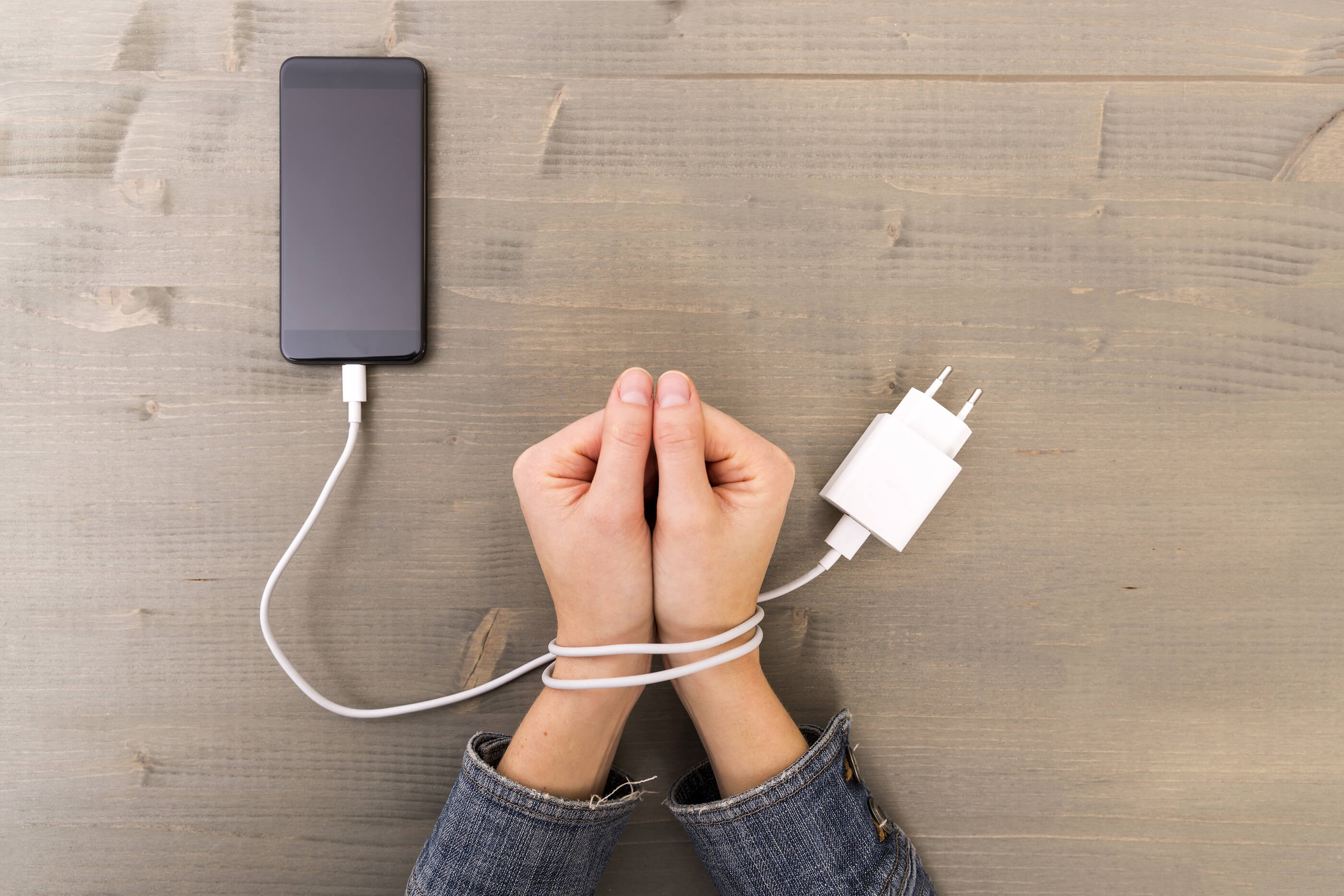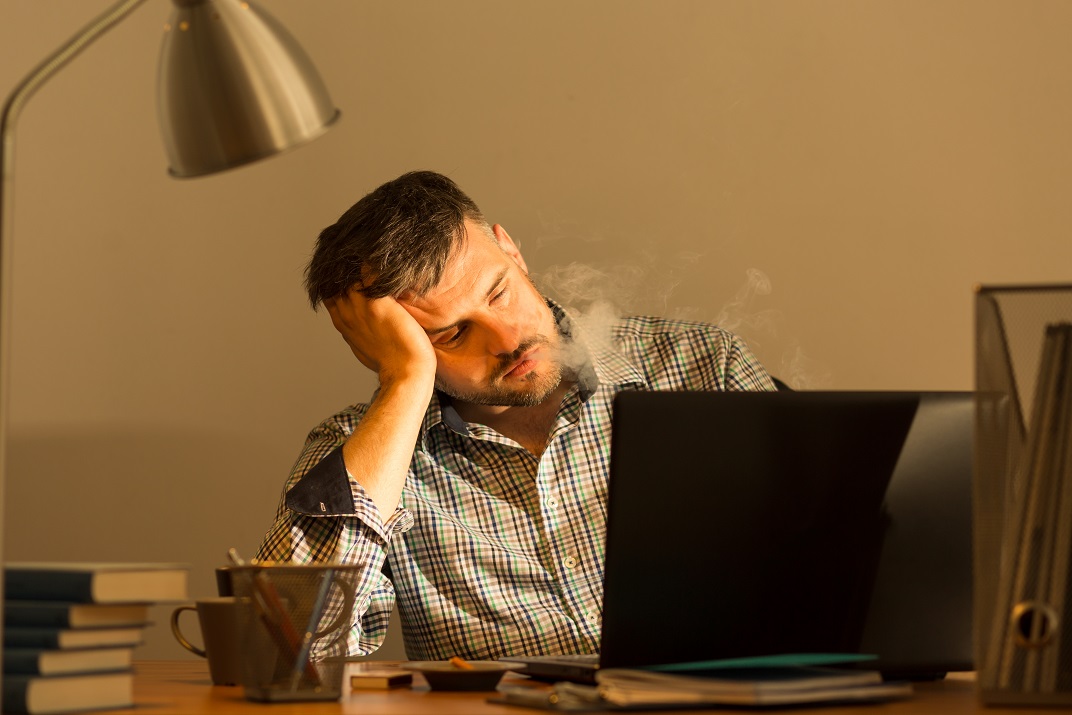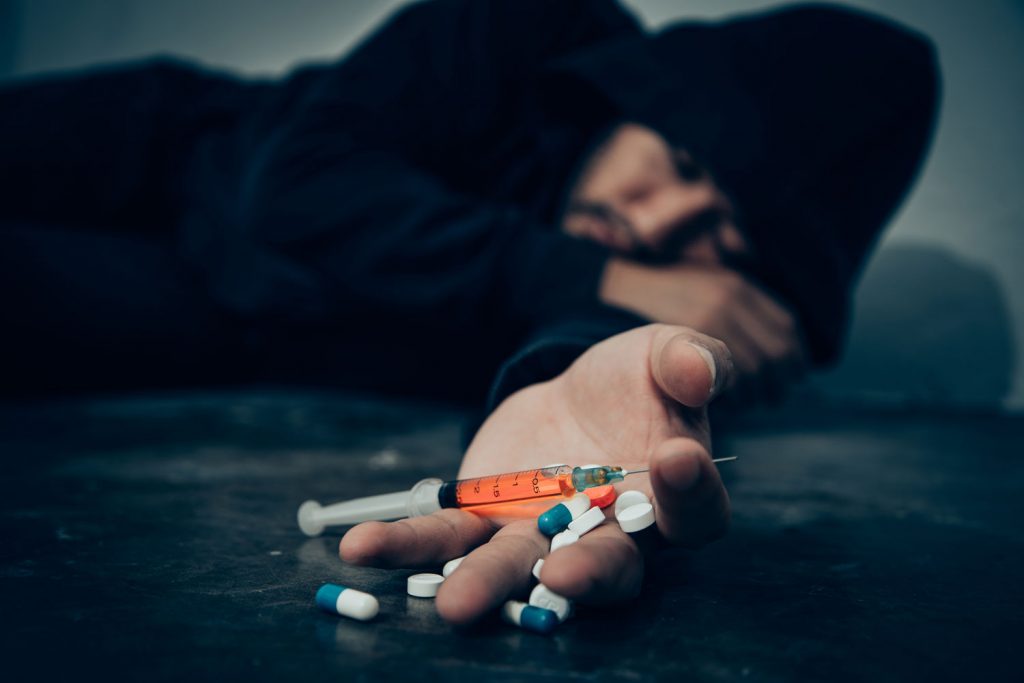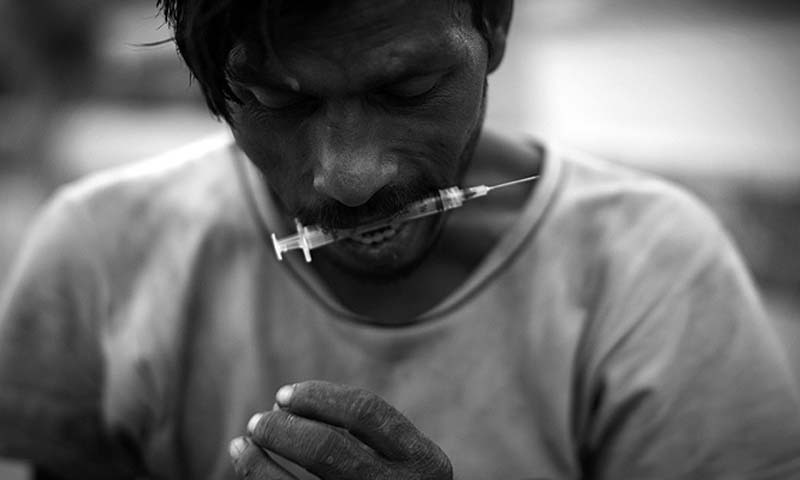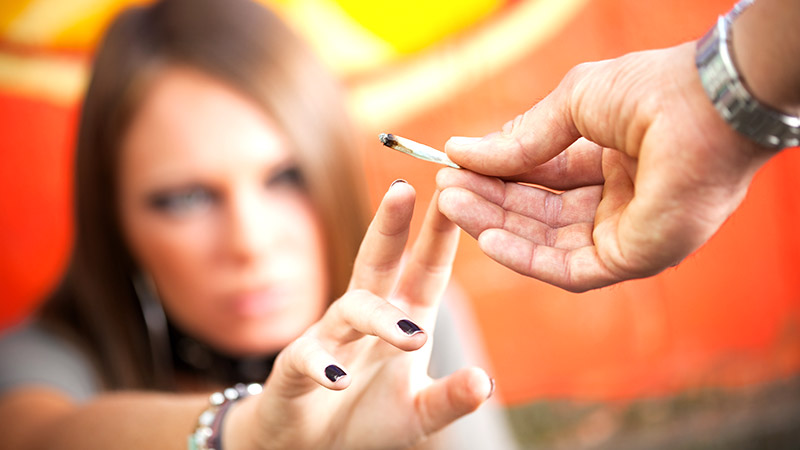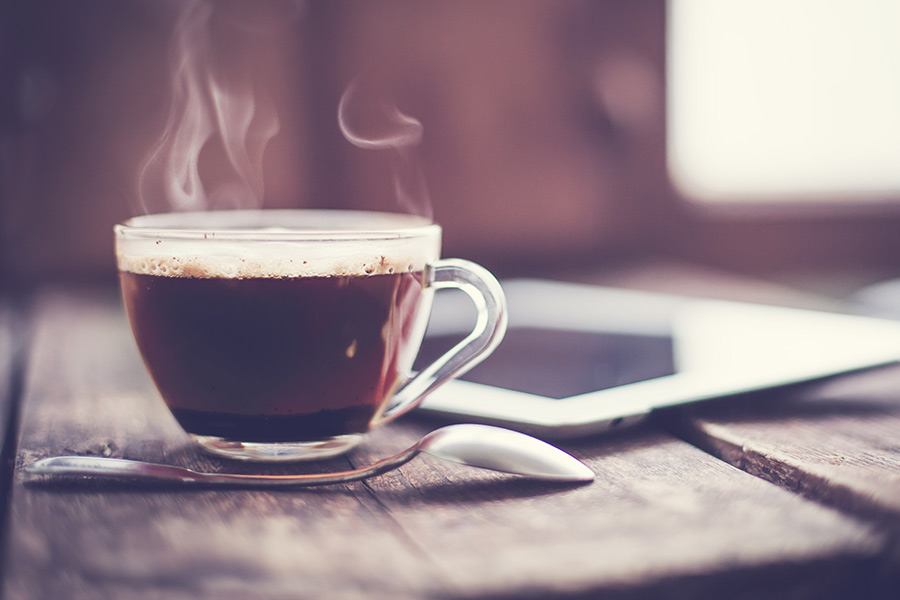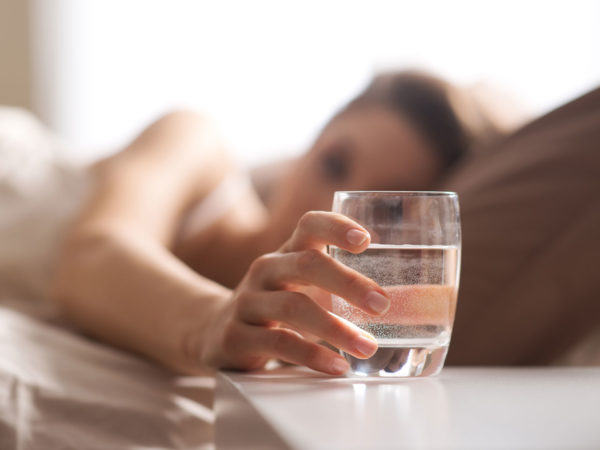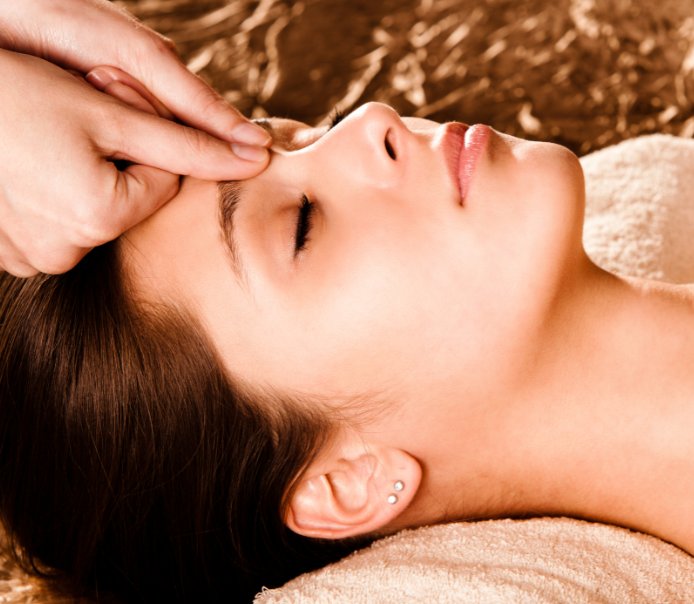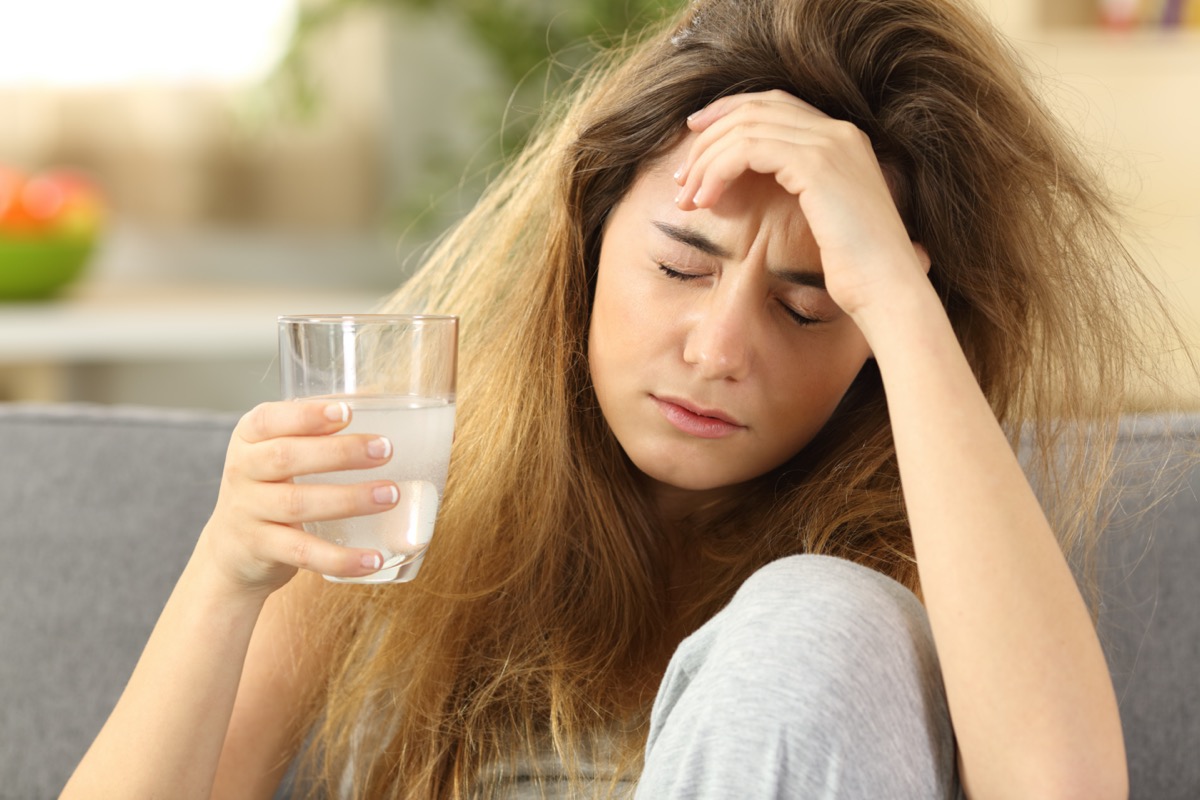
How to Treat a Hangover Headache at Home
Alcohol is more than just a social lubricant — it’s a substance that leaves a wide wake of effects across nearly every major system in the body. From the moment it enters your bloodstream, it begins to interfere with your brain, liver, kidneys, heart, stomach lining, and even your hormonal balance. The very word “intoxicated” hints at its true nature — alcohol is a toxin. A slow-acting, somewhat seductive one, but toxic all the same.
At first, a couple of drinks might make you feel relaxed, cheerful, or uninhibited. Your mood lifts, your worries fade, and social interactions seem easier. But as alcohol levels rise, the pleasant effects give way to impaired judgment, delayed reflexes, and blurred vision. Your coordination suffers, your ability to think clearly takes a nosedive, and speech may begin to slur. Keep drinking, and symptoms can escalate to confusion, vomiting, memory blackouts, unconsciousness, or even alcohol poisoning and death.
Scientists still don’t fully understand how alcohol causes such a broad range of effects, but they do know that once absorbed into the bloodstream, ethanol — the active ingredient in alcohol — slips easily into your brain’s nerve cells. There, it alters chemical signaling, releasing feel-good neurotransmitters and dulling the functions of the brain’s frontal lobe — the part responsible for impulse control and judgment. As more ethanol saturates nerve cell membranes, sedation kicks in. Meanwhile, motor activity becomes erratic and inefficient, and the brain’s ability to regulate blood sugar begins to falter.
One of the main villains behind the post-drinking misery isn’t just ethanol, but a byproduct of how your body breaks it down: acetaldehyde. This compound is even more toxic than alcohol itself. When the liver gets to work breaking down ethanol, it converts it to acetaldehyde before finally neutralizing it. But if you're drinking faster than your liver can keep up, acetaldehyde accumulates in your system — and that’s when the real trouble begins.
Alcohol also affects a wide range of other bodily functions. Your kidneys shift into overdrive, prompting excessive urination that leads to dehydration — one of the biggest culprits behind hangover headaches. Blood vessels expand, skin flushes, and your heart rate speeds up. The liver, overwhelmed by the dual task of breaking down toxins and maintaining blood sugar, often falls behind. This results in imbalances that linger long after the alcohol is gone.
Repeated episodes of heavy drinking can permanently damage the liver, leading to scarring and cirrhosis. Inflammatory compounds begin to circulate in the blood, hormonal rhythms are disrupted, and the stomach lining gets irritated — all of which can amplify nausea and even lead to gastrointestinal bleeding. On top of all that, alcohol is packed with empty calories that your body often converts into fat.
The after-effects of drinking — collectively known as a hangover — are not just about feeling tired or queasy. They're the result of a massive physiological upheaval. Even after the alcohol has been metabolized, the hormonal imbalances, inflammation, dehydration, blood sugar swings, and accumulated toxins like acetaldehyde continue to wreak havoc. That throbbing headache, that inability to focus, that deep fatigue — it’s all part of the aftermath.
Most people are familiar with the typical next-day symptoms: pounding headache, weakness, nausea, irritability, diarrhea, and a heightened sensitivity to light and noise. But what often goes unnoticed is the impairment in cognitive and motor skills. Even if your blood alcohol level has returned to zero, your reaction time, memory, and coordination are still compromised. In other words, your body might have processed the booze, but it’s far from recovered.
Can a Hangover Headache Actually Be Cured?
Hangover headaches can be brutal. Anyone who’s ever gone a bit too far with drinks knows the misery of waking up to a skull-splitting ache. But can they be cured? Or are we just stuck riding them out?
Let’s be clear: there’s no magic “cure” for a hangover headache. Plenty of products and home remedies claim to offer relief — from fizzy vitamin tablets to weird old-fashioned concoctions — but most lack any solid scientific support. Still, there are a few options backed by research that may help reduce symptoms or even prevent the headache from happening in the first place.
The best defense, of course, is a good offense: don’t drink excessively. But if you find yourself staring down the consequences of a wild night, there are still steps you can take to ease the pain or shorten the suffering.
5 Hangover Headache Fixes That Might Actually Work
Let’s break down five potential remedies that do have some backing from scientific studies and real-world results.
1. Vitamin B6 Might Help Balance You Out
Vitamin B6 is one of those behind-the-scenes nutrients that quietly supports hundreds of vital functions — including helping your body process alcohol. When you drink, your B vitamin levels, especially B6, drop significantly, making it harder to detoxify and recover.
Eating B6-rich foods like bananas, potatoes, or chicken before and after drinking may help your body metabolize ethanol faster. Some people also take B6 supplements before going out or the morning after. While it’s not a miracle fix, it could give your system a little boost in clearing toxins.
2. NSAIDs for Inflammation and Pain Relief
Nonsteroidal anti-inflammatory drugs (NSAIDs) like ibuprofen or naproxen can be effective in dealing with hangover headaches. These medications reduce inflammation and block the production of certain enzymes linked to headache pain. A low dose may take the edge off without major risks — just don’t take them on an empty stomach.
Important caution: Avoid acetaminophen (Tylenol) when drinking or hungover. It can put dangerous stress on the liver, which is already under heavy load from processing alcohol. Taking too much could cause serious liver damage or failure.
3. Fitness Drinks Can Speed Up Rehydration
Alcohol acts as a diuretic, stripping your body of fluids and electrolytes. That’s one reason you might wake up parched, dizzy, and headachy. Rehydrating is crucial, and sports drinks like Gatorade or Powerade can do it faster than plain water thanks to added electrolytes.
A study out of UC Berkeley suggested that fitness drinks replenish fluids and salts more efficiently than water alone after heavy exertion — or a long night out. Just watch the sugar content: many sports drinks pack a sweet punch, which could potentially worsen other hangover symptoms like nausea.
4. N-Acetyl-Cysteine (NAC) Helps Fight Toxins
N-acetyl-cysteine is a supplement known for supporting liver health and combating oxidative stress. It boosts your body’s levels of glutathione, a powerful antioxidant that helps break down acetaldehyde — the same toxic byproduct that causes much of your hangover misery.
Taking 200–300 mg of NAC roughly 30 minutes before you start drinking may reduce the toxic load on your liver and ease your symptoms the next day. While it’s not widely known, NAC has been gaining traction as a preventive strategy for hangovers.
5. Gentle Movement Might Speed Recovery
If you’re up for it, a bit of light exercise can help get your blood flowing and kickstart your metabolism — both of which may help flush out leftover toxins. We’re not talking about a full workout or a morning run, but a short walk or gentle stretching can make a difference.
Just be sure to hydrate well before and after — and only attempt exercise if you’re not feeling dizzy or nauseated.
Simple Tips to Ease That Brutal Headache
Already in the throes of a hangover headache? No worries — you're not out of options yet. Here are some tried-and-true ways to manage the discomfort and help your body bounce back faster.
1. Eat Something — It Actually Helps
Food might not sound appealing when you’re nauseous, but eating plays a crucial role in managing hangover symptoms — especially headaches.
Why it works:
-
Eating helps stabilize blood sugar levels, which tend to dip after drinking. Low blood sugar is a major cause of hangover headaches.
-
Balanced meals reduce the acid buildup in your blood, which can ease nausea and headache pain.
-
Alcohol drains your body of essential vitamins, especially B-complex vitamins and zinc. Eating helps replenish those nutrients and may reduce symptom severity.
Foods that are easy on the stomach and high in nutrients include:
-
Toast with nut butter
-
Oatmeal with banana
-
Eggs and spinach
-
Chicken soup
A meal with carbs, protein, and fat helps your body rebalance faster.
2. Hydrate Like You Mean It
This one’s a classic for a reason. Dehydration is one of the primary culprits behind hangover headaches, so getting fluids back into your system is non-negotiable.
Here’s a solid hydration plan:
-
Drink water before, during, and especially after drinking.
-
Pair every alcoholic beverage with a glass of water.
-
After drinking, aim for 1–2 liters of fluid before bed and again when you wake up.
Some great hydrating options:
-
Plain water
-
Coconut water
-
Electrolyte-enhanced water
-
Sports drinks (low sugar varieties)
-
Broths or clear soups
Why hydration matters: Alcohol makes you pee more, which depletes fluids and electrolytes. If you vomit, you lose even more. Rehydration can relieve the headache, dry mouth, dizziness, and that heavy, sluggish feeling.
3. Pick Lighter-Colored Alcohol
Ever notice how red wine or dark whiskey seems to leave you more wrecked the next day than clear spirits like vodka or gin? That’s not your imagination — it’s the congeners.
Congeners are toxic byproducts of alcohol fermentation and are found in higher concentrations in dark liquors like:
-
Bourbon
-
Rum
-
Brandy
-
Red wine
These compounds (like acetone and tannins) intensify inflammation and headache symptoms. So, if you’re prone to rough mornings, sticking to lighter-colored drinks like vodka, gin, or white wine might spare you the worst.
4. Know Your Body — and Your Limits
Drinking isn't a one-size-fits-all experience. Everyone processes alcohol differently. Maybe your friend can handle four shots and still function — but you’re left reeling after two drinks. That's completely normal.
Some tips:
-
Don’t drink to match others — drink based on how you feel.
-
Keep track of how much you’ve had and how quickly you’re consuming it.
-
If you notice a pattern (e.g., headaches after red wine), listen to it.
There’s no prize for overdoing it — only consequences.
Image: images/12_12_2014_party.jpg
5. Slow Down and Space Out Your Drinks
A good rule of thumb? One standard drink per hour. Your liver can only process about one drink per hour efficiently. Drinking faster overwhelms your system and increases your blood alcohol concentration too quickly.
What this means:
-
Your liver can’t keep up.
-
More toxins build up in your bloodstream.
-
You're far more likely to feel like absolute trash the next day.
Spacing your drinks gives your body a fighting chance.
6. Avoid the “Hair of the Dog” Trap
You’ve probably heard the old saying: “The best cure for a hangover is more alcohol.” This idea — called “hair of the dog” — suggests that a morning drink can help ease symptoms. But here’s the thing: it’s a short-term Band-Aid that can actually prolong the suffering.
Drinking more alcohol may temporarily mask symptoms by numbing your nervous system again, but it doesn’t actually cure anything. Once that second wave of alcohol wears off, your symptoms often return worse.
7. Ditch the Weird Hangover Cures
We’ve all heard bizarre hangover remedies — raw eggs, greasy fast food, hot sauce milkshakes — but most of these do more harm than good.
Highly processed or spicy foods, excessive sugar, or untested “cures” may irritate your already sensitive stomach and worsen nausea or headaches.
Stick to foods that are gentle, nourishing, and rich in vitamins:
-
Bananas (potassium)
-
Eggs (amino acids and protein)
-
Spinach (magnesium and iron)
-
Whole grains and nuts
8. Remember: Hangovers Hit Everyone Differently
Not all hangovers are created equal. Your genetic makeup, gender, body weight, drinking pace, hydration level, medications, and even ethnicity can all influence how badly you feel after drinking.
Some people flush or get migraines after just a few sips. Others can down five cocktails and be relatively okay (though their organs are still suffering behind the scenes).
What affects hangover severity:
-
How much you drank
-
How quickly you drank it
-
Whether you ate
-
Medications or drug interactions
-
Enzyme deficiencies (especially in people of East Asian descent)
-
Dehydration and sleep quality
What Causes a Hangover Headache, Exactly?
The primary culprit behind a hangover headache is ethanol — the type of alcohol found in all alcoholic beverages. When you drink, ethanol enters the bloodstream through the stomach and small intestine and then spreads to every part of your body — including your brain.
Ethanol:
-
Dehydrates your tissues, leading to the classic dry-mouth, throbbing-headache combo.
-
Dilates blood vessels (vasodilation), which increases pressure in the brain.
-
Disrupts chemicals like serotonin and histamine, which help regulate pain and mood.
-
Produces toxic byproducts like acetaldehyde, which inflame your liver, gut, and brain.
It’s a perfect storm for a pounding headache.
When to Get Medical Help
Sometimes, what looks like a hangover could be something more serious — like alcohol poisoning. If you or someone you know is experiencing any of these symptoms, don’t wait — seek medical help immediately:
-
Mental confusion
-
Vomiting repeatedly
-
Seizures
-
Slow breathing (fewer than 8 breaths per minute)
-
Irregular breathing (10+ seconds between breaths)
-
Blue or pale skin
-
Unconsciousness or inability to wake up
If someone has passed out from drinking and can’t be awakened, that’s a medical emergency. Call for help immediately.
Also, if you’re noticing that you can't stop drinking even when it’s hurting your health, relationships, or well-being, you may be struggling with alcohol dependence. Acknowledging that is the first — and most important — step toward getting support.
Final Thought: Prevention Is Always Better Than a Cure
There’s no surefire cure for a hangover headache — but there are plenty of ways to make one less likely. The key is moderation. Know your limits, stay hydrated, eat well, and don’t be afraid to say no to one more round.
But if you do wake up with your head pounding and your mouth dry as the desert, don’t panic. Stick to the evidence-backed tips above, go easy on your body, and let time — and water — work their magic.
Sometimes the best remedy is simply treating yourself kindly and giving your body what it needs to heal.




